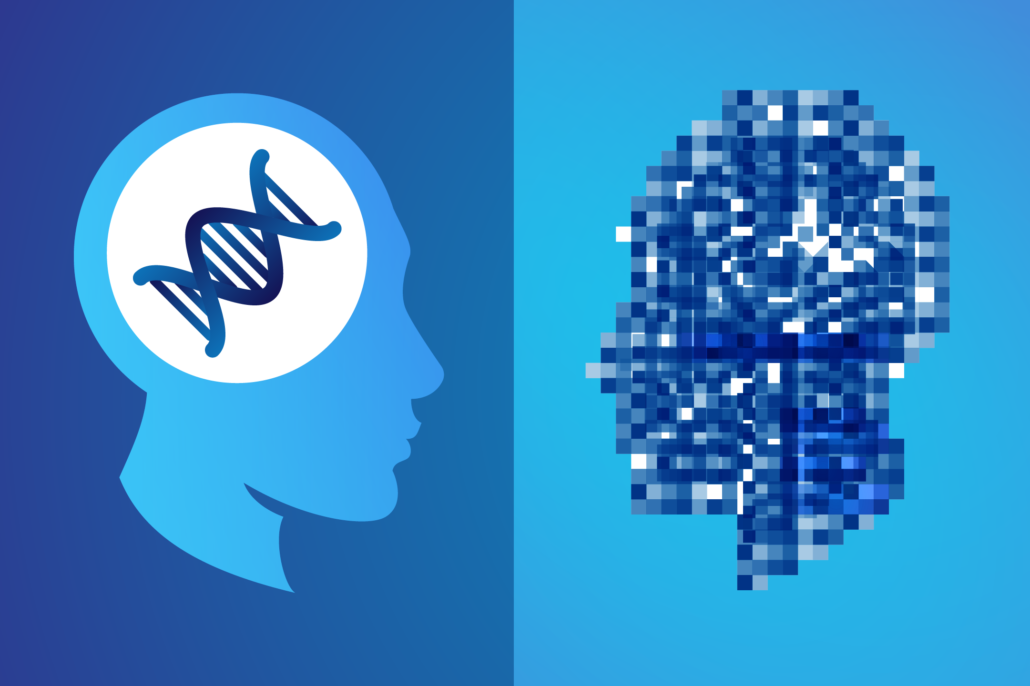TripleBlind’s Automated and Real-Time De-Identification Facilitates Data Sharing among Healthcare Institutions, the Only Solution that De-Identifies Genomic Data

full article here
Enforces HIPAA, GDPR and other Regulatory Standards, Built on One-Way Encryption, Eliminates Potential for Patient Identification
KANSAS CITY, MO., May 25, 2021 – The solutions available today to share regulated data while remaining in compliance with HIPAA, GDPR and other standards are typically slow and expensive, and it can also be unclear that all the data was actually de-identified. As a result, many organizations continue to conduct research and data analysis as well as develop algorithms with limited data sets, impacting the efficacy of these operations. And, enormous amounts of healthcare data remain unutilized due to privacy concerns.
TripleBlind has created a highly innovative approach to data de-identification via one-way encryption that allows all data attributes to be used, even at the patient level, while eliminating any possibility of the data user learning anything about the patient’s identity. Its patented breakthroughs in advanced mathematics give healthcare organizations the ability to share PHI, health records, genomic and other data, unlocking the ability to conduct a wide range of data operations, such as data analysis, algorithm development and algorithm validation. TripleBlind is the only solution to effectively de-identify genomic data, without impacting the resolution of the underlying data.
“We selected TripleBlind as our data privacy partner due to its novel approach for protecting sensitive patient and related data. Its blind de-identification approach via one-way encryption is an important part of our data and technology platform for personalized medicine and drug development,” said Tero Silvola, CEO of BC Platforms, a global leader in healthcare data management, analytics and access. “We work daily with highly sensitive and regulated data, and identified TripleBlind’s approach as unique and highly suited to our needs.”
TripleBlind’s Blind De-identification via one-way encryption enables data to be usable at its highest resolution without incurring an accuracy penalty. It provides many advantages over the five methods for data anonymization most frequently utilized today. Blind de-identification does not alter the fidelity of the data, while:
- K-anonymization alters the fidelity of the data through two means: suppression (data masking); certain values of the attributes are replaced by an asterisk. All or some values of a column may be replaced by an asterisk; or generalization; individual values of attributes are replaced with a broader category, e.g., the value 19 might be replaced with <20,
- Pseudonymization replaces private identifiers with fake identifiers or pseudonyms,
- Data swapping (shuffling or permutation) rearranges the dataset attribute values so they do not correspond with the original records,
- Data perturbation modifies the original data set by rounding numbers and adding random noise, also known as differential privacy,
- Synthetic data is often used in place of altering the original dataset or using it as is and risking privacy, but even the best synthetic data is still a replica of specific properties of the original data.
In addition, TripleBlind allows operations on data in real-time without needing to generate an anonymized basket of data that is a snapshot of the past. The path from data collection to data usage is significantly faster, cheaper and seamless using blind de-identification. Fewer data preparation steps translate to lower data project costs, less legal paperwork and more powerful insights that use the complete, unaltered data set in the most private way currently possible.
“When we developed TripleBlind’s mathematical breakthrough in cryptography, we were focused on the unique challenges in industries such as healthcare. Our de-identification approach for PHI and genomic data in particular means that even if one patient’s data is used in an operation by a third party, that third party lacks the means to learn anything about the individual besides the output of the operation running on the genomic sequence,” said Riddhiman Das, co-founder and CEO of TripleBlind. “Our system includes several built-in algorithms that can be used for different genomic applications, including random forest trees, lasso regression, ridge regression, neural networks and topological data analysis, alongside the ability to write custom algorithms.”
About TripleBlind
TripleBlind’s patented breakthroughs in advanced mathematics arm organizations with the ability to share, leverage and commercialize regulated data, such as PII and PHI, and mission-critical enterprise data, such as medical records. With TripleBlind, decision-makers generate new revenue for their organizations by gaining deeper insights faster, creating improved modeling and analysis, and collaborating more effectively with customers and partners and even competitors, while enabling enterprises to enforce today’s regulatory standards, such as HIPAA, GDPR and PDPA.
For more information, please visit tripleblind.ai.
Contact information:
Victoria Guimarin
UPRAISE Marketing + Public Relations for TripleBlind
tripleblind@upraisepr.com
Tel: +1 (415) 397-7600
